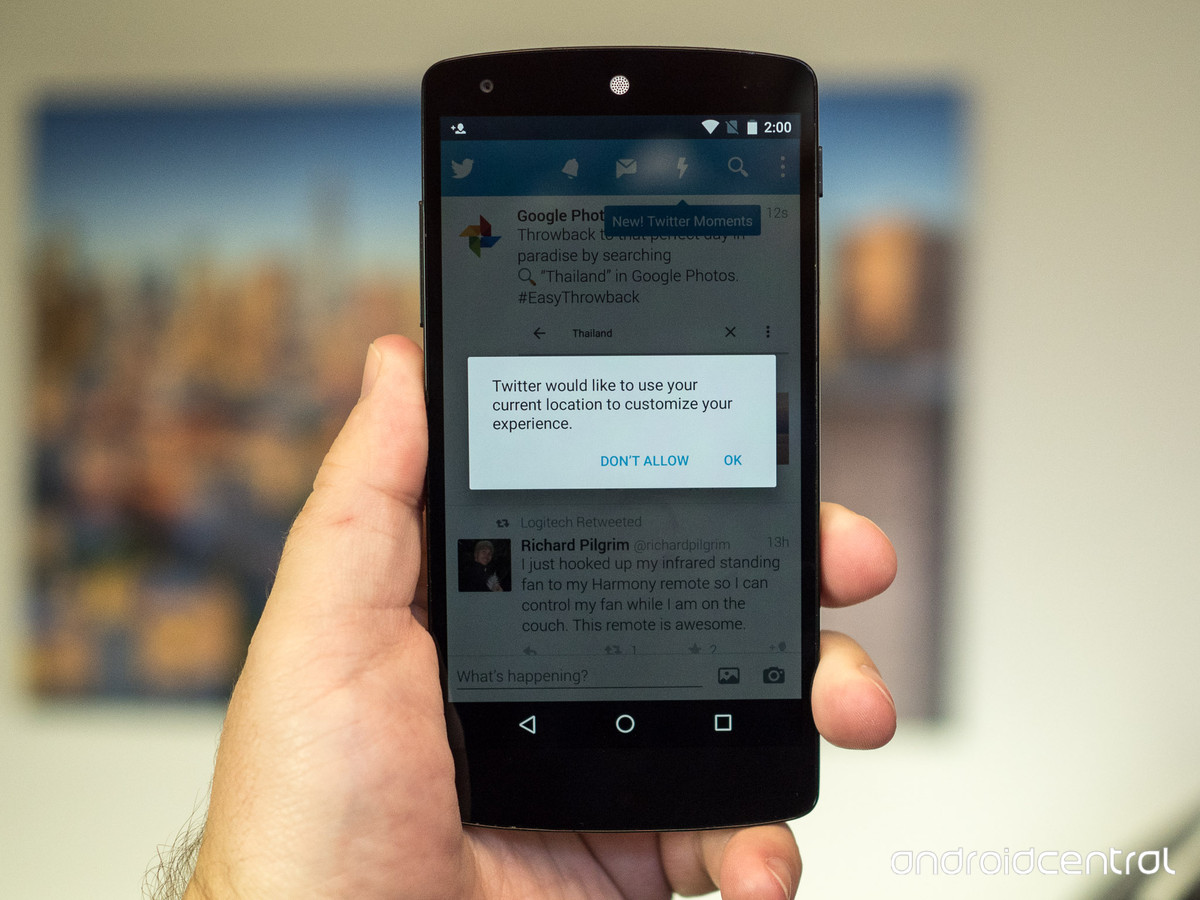Location, Location, Location
10 Nov 2015“Location, location, location.”
It’s no longer just a real estate mantra.
Location has become a core component to almost every industry.
From the moment our smartphones wake us in the morning, through our daily commutes, the places we meet and eat, to our ride-share home at the end of the night.
Every step, every activity and every comment happens at a point on the planet.
Understanding that planet and putting those locations in context is no longer the mission of just spies and soldiers. Commercialization of communication, GPS and earth observation satellites has created a $200B industry. Location technology powers countless innovations here on earth - whether it’s the hordes of driver-less cars and delivery drones we dream of in the near future or the map that is ubiquitous on every new app - everyone wants to know where you are.

|
BMW, Audi and Volkswagen recently outbid Uber to purchase their own map for $3 billion.
Google spends an estimated $1 billion per year keeping location at the heart of their user experience.
OpenStreetMap – the “Wikipedia of maps” – has millions of active contributors who’ve built an open source asset that is now also worth billions.
Apple, Amazon, TomTom, Uber, not to mention countless startups, most non-profits and every government are investing more and more in understanding where.
All of them are gobbling up location companies and technologies in an effort to control the map.
But who’s really making money from location?
For the big guys, location is a competitive necessity. Google likely doesn’t make much money from Maps directly but, by knowing where you live, where you work and where you are at all times, they understand who you are and what ads you might want to see. Apple sells more devices and makes it’s app developers more productive by offering a seamless (though sometimes mocked) location experience. Uber and the auto makers want to keep Apple and Google out of the car and hold on to their own data about drivers and customers.
What about everyone else?
Ever since smartphones killed dedicated GPS hardware, there are few location-based products or services that users pay for directly. GIS has been around since the sixties and today is a billion-dollar business. Intelligence agencies and government planners spend big bucks. Marketers and big data firms are starting to extract insights from location information. We’ve got lots of killer location apps but, in my humble opinion, we still haven’t seen the killer location business. The company or technology that can transform pervasive awareness of the location of every connected person and thing into valuable, indispensable products – without needing a multi-billion dollar advertising, hardware or automobile business to take advantage of them – will truly put location business on the map.
The location gold rush has begun… but for now we’re just panning for gold dust.